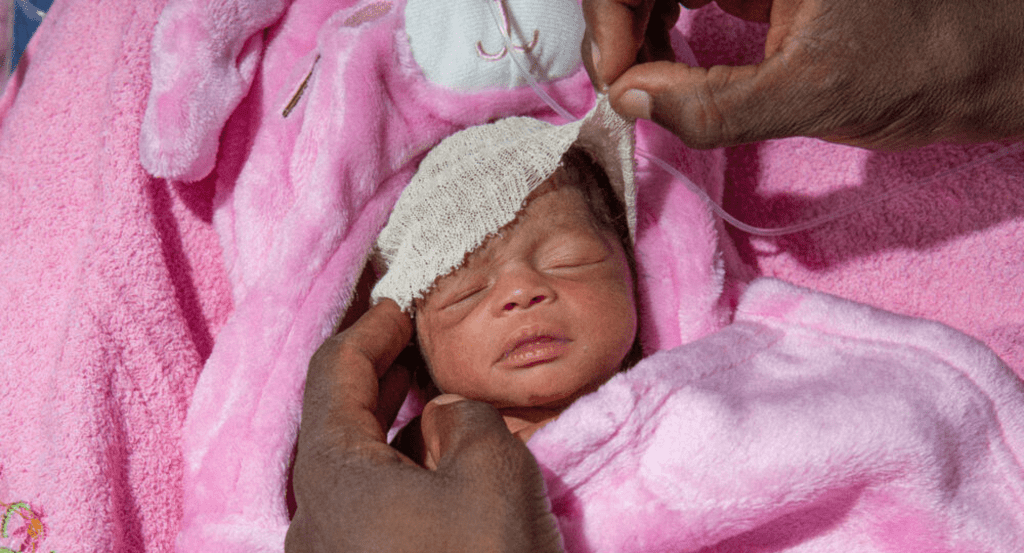World Prematurity Day 2024 highlights the challenges faced by preterm babies and their families while emphasizing life-saving interventions and the importance of collective action to ensure better survival rates. Globally, around 15 million babies are born prematurely each year, with preterm birth complications remaining a leading cause of death in children under five. This year’s theme, “Small Actions, Big Impact,” underscores the value of simple yet effective care methods, including skin-to-skin contact and access to specialized neonatal care.
Understanding Preterm Birth
A preterm birth occurs before 37 weeks of pregnancy and poses significant risks for the baby, including breathing difficulties, infections, and developmental delays. These risks are more pronounced in low-resource settings where access to quality healthcare is limited. According to UNICEF, over 60% of preterm births occur in Africa and South Asia, making targeted interventions crucial.
The Life-Saving Role of Skin-to-Skin Care
One of the most impactful methods for improving outcomes for preterm babies is kangaroo mother care (KMC), which involves prolonged skin-to-skin contact between the baby and parent. This practice helps regulate the baby’s body temperature, improves feeding, and fosters emotional bonding. KMC is particularly beneficial in low-resource settings, as it requires minimal equipment and provides significant health benefits.
A report by Médecins Sans Frontières (MSF) from Nigeria’s specialist neonatal units shows how integrating KMC with medical interventions has dramatically improved survival rates among premature infants. Neonatal nurse Anita John explains, “The warmth and love of a parent’s chest are as critical as advanced medical care for these fragile babies.”
Global Efforts for Awareness and Support
Organizations like UNICEF and MSF have ramped up efforts to ensure preterm babies receive adequate care. Initiatives include training healthcare workers, equipping neonatal units, and running awareness campaigns to educate parents about preterm baby care. In Vietnam, for example, UNICEF has partnered with local governments to implement community-based programs that address the unique needs of premature babies.
This World Prematurity Day serves as a call to action for governments, healthcare providers, and families to ensure that preterm babies have a fighting chance at life. Through simple yet effective measures like skin-to-skin care, improved neonatal facilities, and widespread awareness, the narrative around preterm births can shift from one of vulnerability to resilience.




















